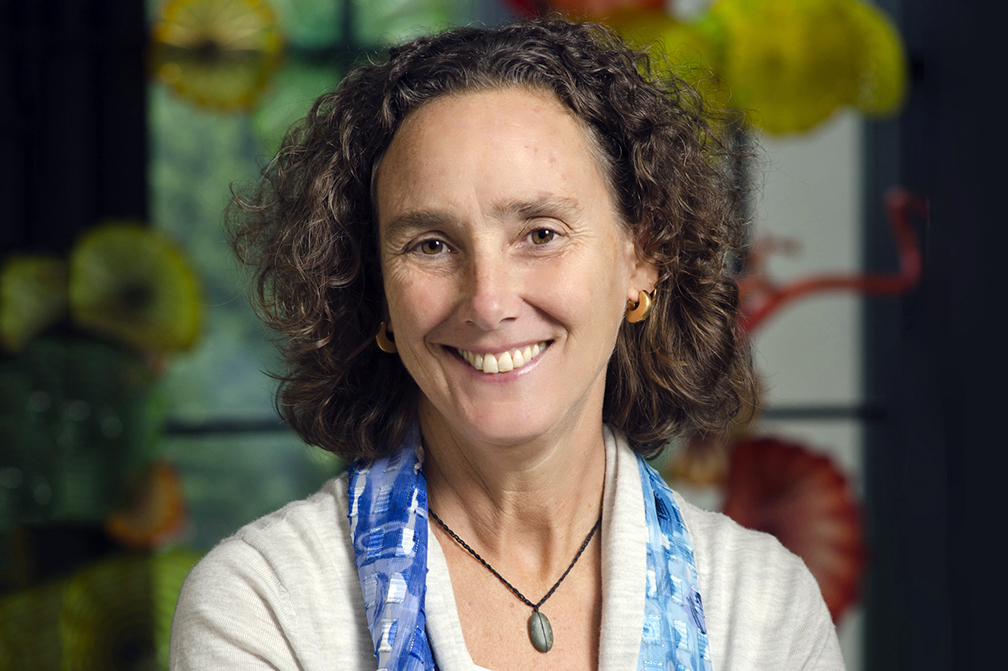Public Invited to Session about Memory and the 1918 Flu Pandemic
July 3, 2018

Celebrations broke out across in the United States. The year was 1918, and the Great War was at an end. Soldiers returned home, and families rejoiced. But at that same time, tens of millions of people worldwide were continuing to fight an insidious — and often losing — battle against influenza.
Author of American Pandemic: Lost Worlds of the 1918 Influenza Pandemic, Nancy Bristow, a Virginia Tech visiting scholar supported by the National Endowment for the Humanities, will present a public talk addressing the scourge and its aftermath. Her lecture is at 11 a.m. on July 13 in Room 124 of Newman Library.
“I hope to encourage people to think about what we do and do not ‘remember’ as a culture and society,” said Bristow, a history professor from the University of Puget Sound in Tacoma, Washington. “What events do we embrace and talk about publicly, and which stories go untold, silenced by our interest in establishing a particular shared national narrative?”
In the early 20th century, Bristow said, Americans had newfound confidence in the power of public health and medicine to protect them from infectious disease, and so the pandemic shocked them.
Bristow’s talk will examine the rapid spread of the influenza outbreak, its atypical targets, the disturbing symptoms, and the lifelong impacts on caregivers and survivors. Her lecture will also include a focus on what society remembers, and she will offer the observation that, despite the horrors of the pandemic, the illness became a collective lost memory.
“How was it possible for a nation to forget such a dramatic and costly event?” Bristow asked. “Though the scourge had remade individual lives, it did not remake societal culture, leaving few markers to force public reckoning with its consequences.”
Bristow will touch on the limitations of medicine, the ongoing vulnerability to disease, and the population’s focus on other stories of the period.
“Emerging victorious from the war,” she said, “Americans chose to subsume the epidemic under that more glorious memory, leaving those still suffering to remember alone and in silence.”
Bristow’s interest in the history of the influenza pandemic stems from her exploration of 1900s social cataclysms. While pursuing her bachelor’s from Colorado College and her master’s and doctorate from the University of California–Berkeley, she concentrated on progressivism and the First World War.
Bristow, who researches and teaches about race and social change in 20th-century American history, is completing a book on the May 1970 shootings at Jackson State College in Jackson, Mississippi. She is on the leadership team of the Race and Pedagogy Institute at the University of Puget Sound and is a member of both the Southern Historical Association and the Organization of American Historians.
Bristow’s talk is part of a 1918 Spanish Influenza seminar for middle- and high-school teachers, funded by the National Endowment for the Humanities and organized by Virginia Tech history professor E. Thomas Ewing.
“Dr. Bristow begins her study by asking how this single event, which killed so many Americans, is not well understood by the public,” Ewing said. “Her methods focus on close reading of primary sources, including diaries, letters, and newspapers. She is particularly interested in the perspectives of patients, doctors, and nurses, thus emphasizing the human dimension of this history.”
Written by Leslie King



